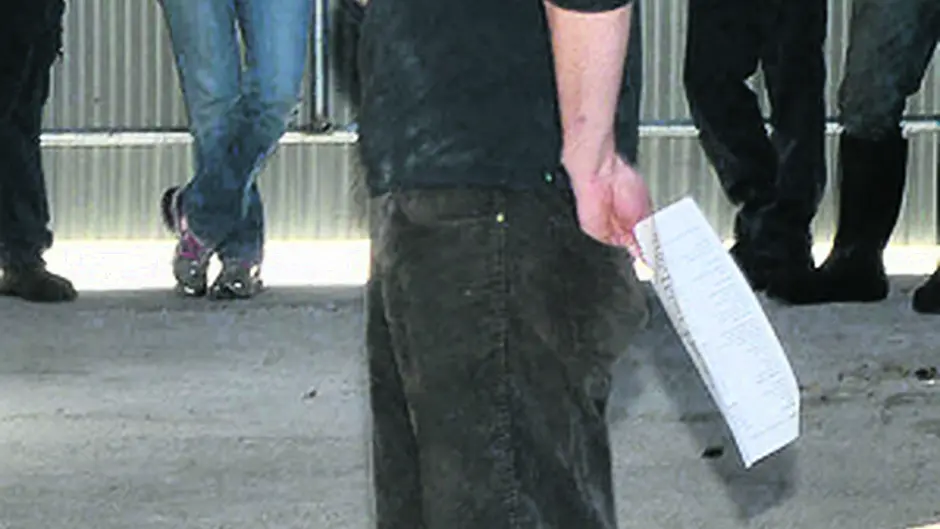AIDAN McCarthy's dairy farm is situated at Airhill on the edge of Schull village and some of his land, including where his home is situated, enjoys stunning views overlooking Schull harbour.
AIDAN McCarthy’s dairy farm is situated at Airhill on the edge of Schull village and some of his land, including where his home is situated, enjoys stunning views overlooking Schull harbour.
Married to Emmy, who is a primary school teacher, they have three young children, Rory, who is almost four, Clara, who is two and baby Sally who is five months.
Aidan is at least the third or fourth generation to farm this beautiful spot though it was by no means a foregone conclusion that he would take it on.
He was undecided about farming by his mid twenties and successfully applied to do a degree in agricultural science in UCD in 2002.
However, the same year the entire herd on the family farm was wiped out by a case of BSE, followed only weeks later by his dad Paddy’s cancer diagnosis and sadly, in another six weeks by his death. Aidan then made the decision to commit to farming feeling that life in Schull had a lot to offer.
It was a big undertaking to build the farm back up but Aidan thrived on having the responsibility. ‘When you become your own boss it is a way more rewarding,’ he says. Despite starting without a herd, Aidan focused on his advantages. ‘The hardest thing to get in farming is always going to be land. I had the land base to work on, that was the major starting point.’ For the first few years after the BSE, Aidan only kept beef cattle but always felt that milking was the best option for full-time farming. ‘I had about 45,000 gallons of a milk quota, I started buying quota, got into a farm partnership first with my mum, then with another farmer and bought any quota that I could over the years and now we’re milking about 146 cows this year.’
Ireland’s dependence on export and its impact on price is probably his biggest fear. ‘We are completely exposed to world prices and we’re only a drop in the ocean in the world market, we can’t dictate price and America at the moment is particularly strong,’ he says. Despite this, Aidan, in what seems to be his typical outlook, chooses to focus on the possible advantages we have in Ireland and particularly in West Cork. ‘We are producing green milk from grass fed animals and I don’t think we’re marketing it as well as we can yet,’ he adds.
To this end, he is involved in a project with the Carbery Group, called the ‘Carbery Greener Dairy Project’ to try and measure the carbon footprint of a litre of milk.
They believe Ireland is most likely producing the greenest milk in the world and West Cork possibly the greenest in Ireland.
‘They are measuring all my inputs and I fill out a form at the end of every month, every single input is counted and if it comes to be a marketing tool in five or six years time then we in West Cork will have the research done and we believe it will show that we have the greenest milk.’
Aidan is also passionate about the huge contribution traditional farming makes to our economy. ‘I don’t think we realise sometimes the value that the milk and beef being produced in West Cork is adding to the economy,’ he says.
The Carbery Group estimates that the value of milk alone paid to farmers in West Cork is worth €127.5m a year. He is also one of Drinagh’s monitor farmers for Teagasc which involves examining his inputs and practices and sharing the knowledge gained on what works and what could be changed to increase efficiency for all.
Aidan loves the flexibility farming gives him to spend time with his family, despite the commitments involved.
<









